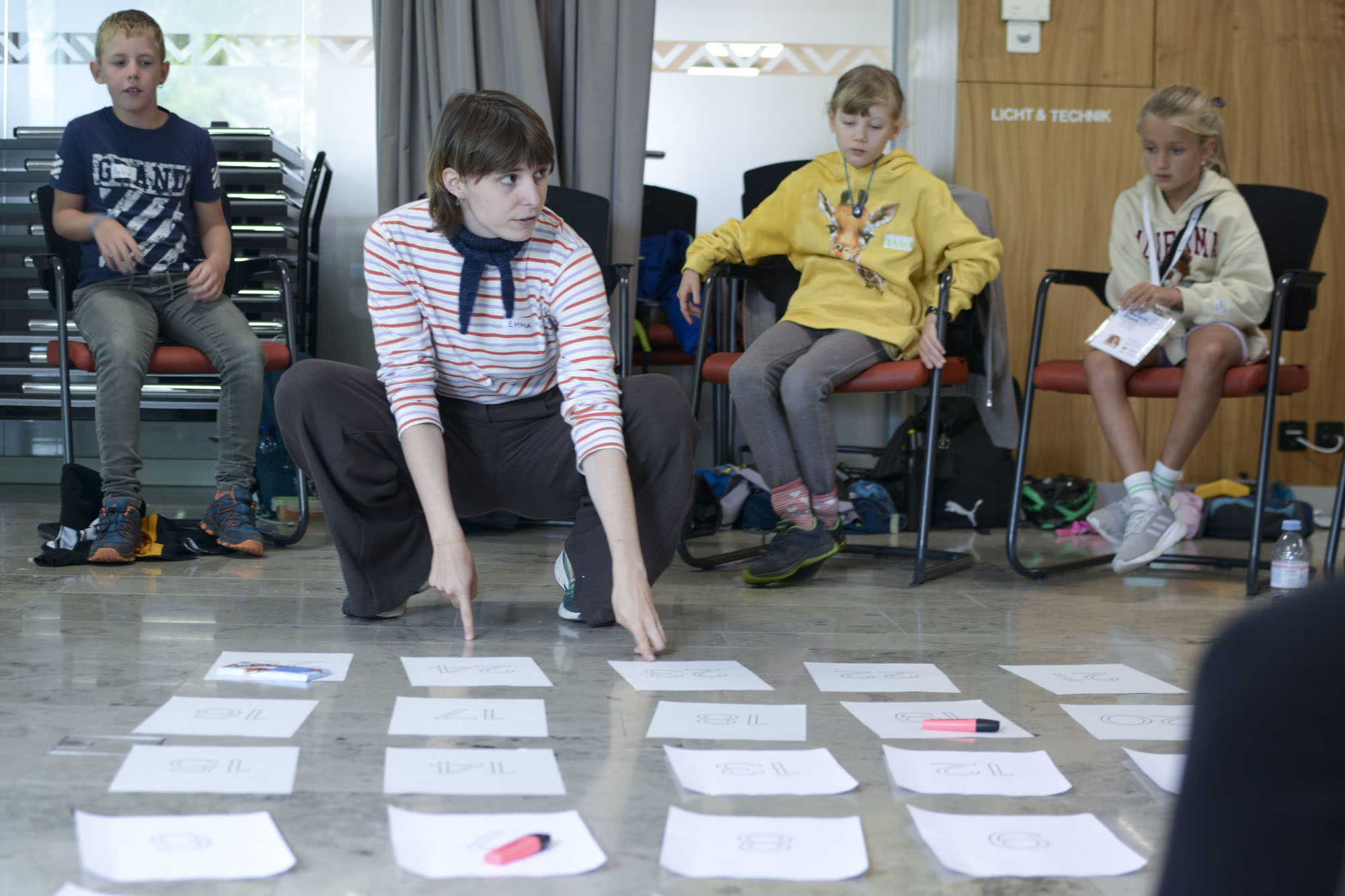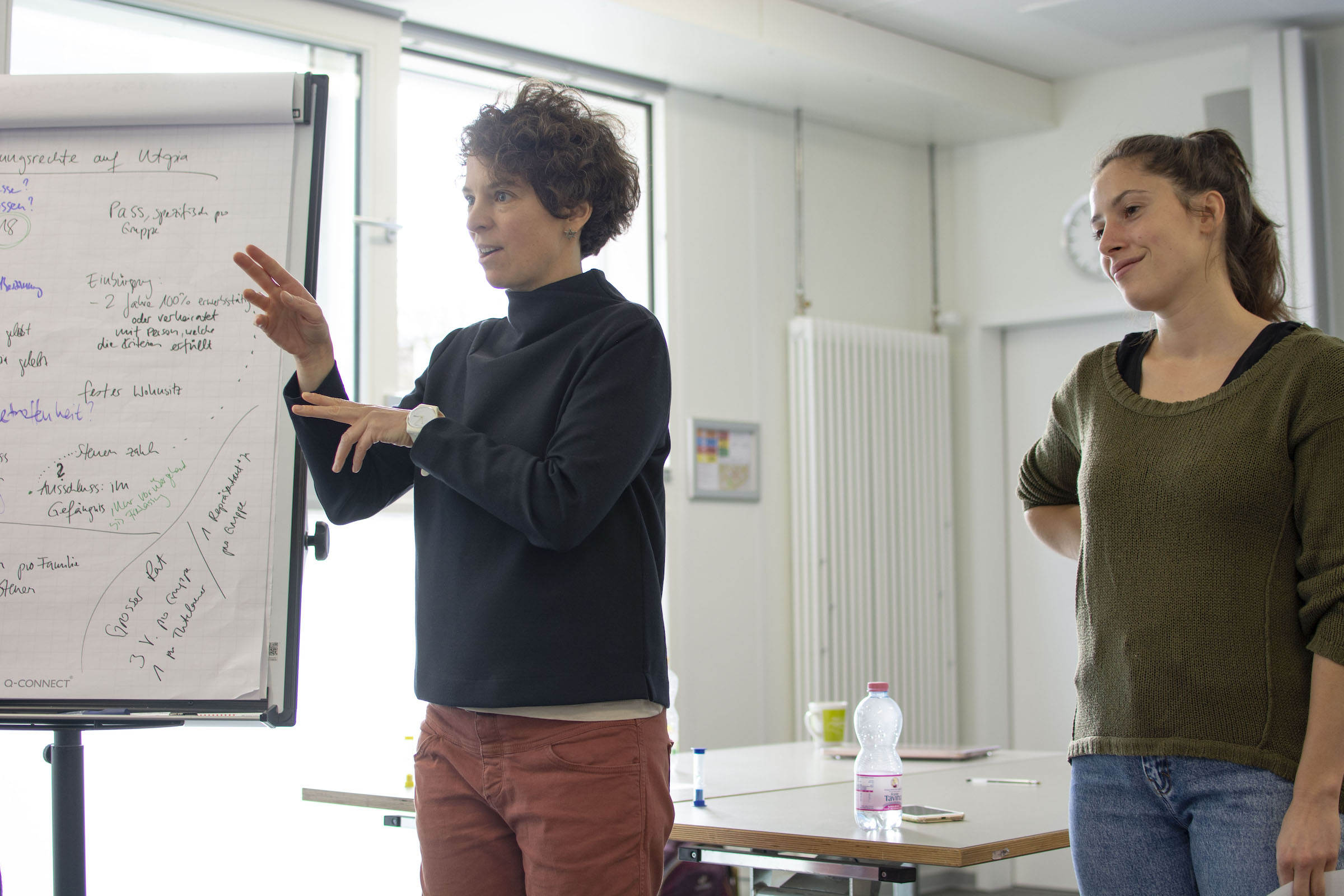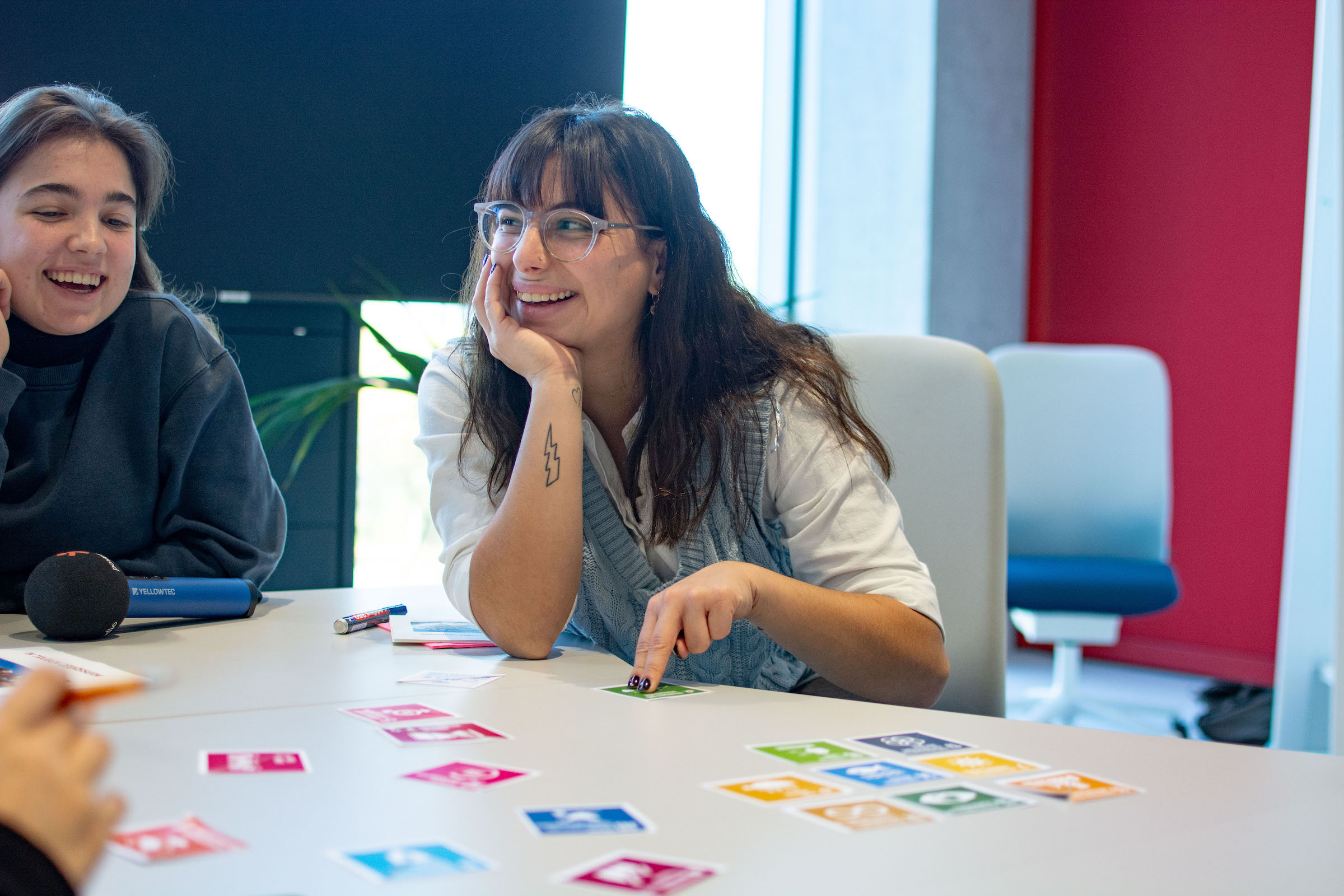Principles
ENGLISH PAGE UNDER CONSTRUCTION
Politische Bildung verstehen wir als Bildung, die Demokratie zum Thema hat und Demokratie als Programm lebt. Damit verfolgen wir als unsere Vision: die Stärkung unserer Demokratie.


Demokratie hat viele Facetten und wird auf verschiedenen Ebenen eines Staates und in unterschiedlichen Bereichen einer Gesellschaft unterschiedlich gestaltet und gelebt. Wir fördern die Auseinandersetzung mit verschiedenen Facetten von Demokratie und das Verständnis und die Achtung von demokratischen Grundwerten. Diese Grundwerte sind das gemeinsame Fundament der demokratischen Vielfalt: die Partizipation möglichst vieler Menschen, die Achtung der Menschenrechte und die Rechtsstaatlichkeit.
Demokratie als Programm bedeutet, dass wir danach streben, demokratischen Grundwerten und Prinzipien gerecht zu werden und Demokratie erfahrbar zu machen. Dies gilt genauso für unsere Zusammenarbeit in der Geschäftsstelle, den Vereinsorganen, und mit Partner:innen, wie für unseren Umgang mit Adressat:innen unserer Bildungsangebote. Unsere Bildungsangebote sind handlungsorientiert und bieten so Erfahrungen mit Demokratie; Handlungen und Erfahrungen werden gemeinsam reflektiert und das Verständnis für unterschiedliches Erleben und unterschiedliche Perspektiven werden gefördert.


Politische Bildung teilt Grundlagen und Ziele mit Ansätzen wie Demokratiebildung, Bildung für Nachhaltige Entwicklung, Menschenrechtsbildung, Partizipationsförderung, Staatskunde. Wir orientieren uns an den in diesen Bereichen international anerkannten Grundlagen und Prinzipien und beteiligen uns aktiv am fachlichen Diskurs. Wichtige Bezugspunkte sind u.a. der Beutelsbacher Konsens, die Ansätze des Europarats (aktuell im Fokus: Kompetenzen für eine demokratische Kultur) und die Ziele für eine nachhaltige Entwicklung der UNO (sustainable development goals, SDGs).
